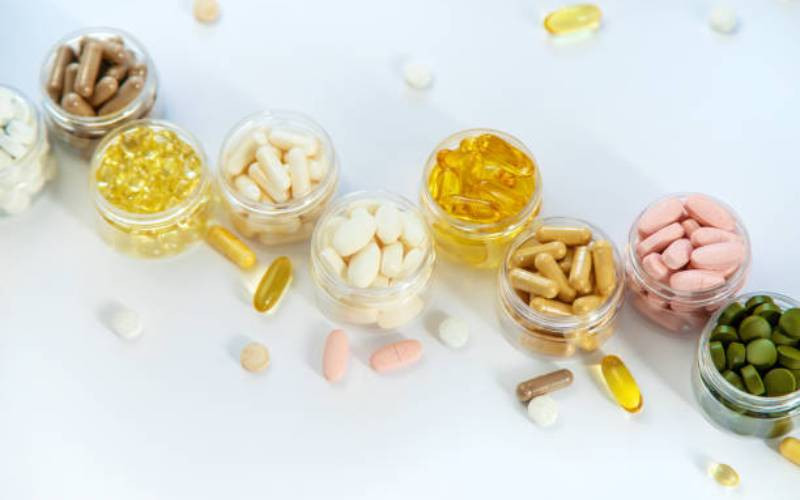
Multivitamins could increase the risk of cancer by as much as 30 per cent and should carry a health warning, a doctor from a British charity warns. The controversial suggestion goes against the widely-held belief that taking multivitamins could help boost health by ensuring people receive adequate amounts of vitamins and minerals each day.
Dr Mohammad Muneeb Khan, a National Health Service (NHS) oncologist from the United Kingdom and founder of the UK-based international charity, "Killing Cancer Kindly" (KCK), says that multivitamin products should include labels with tobacco product-style warnings due to the dangers tied to taking certain supplements.